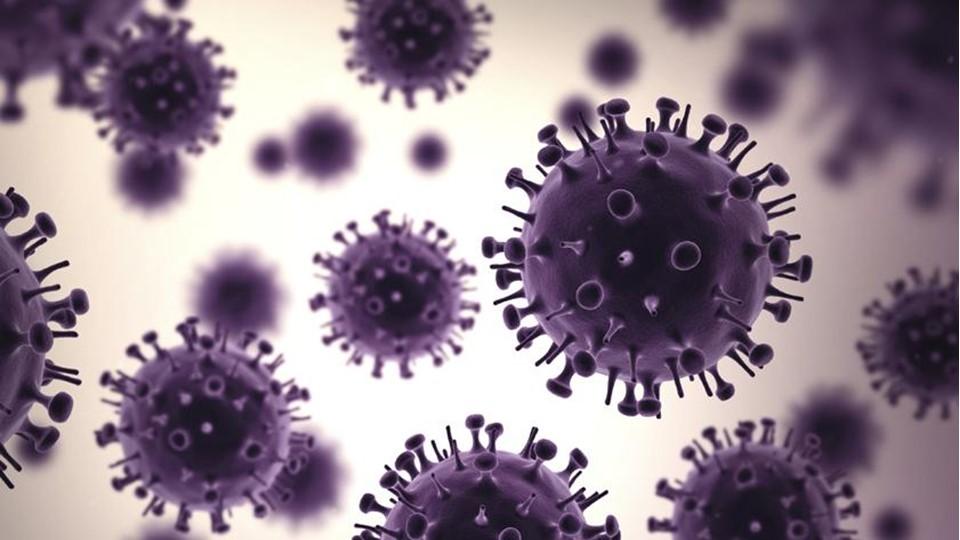Moderna looks to its post-COVID growth prospects

With sales of its COVID-19 vaccines on the wane, Moderna has showcased the projects it will look to for the next phase of its development, headed by new vaccines for influenza and respiratory syncytial virus (RSV).
In its annual R&D update, the biotech said that late-stage quadrivalent flu shot mRNA-1010 stimulated immune responses against all four of the influenza A and B strains it targets, with a stronger response to GSK's Fluarix, in the phase 3 P303 study.
The data revealed higher average levels of haemagglutination inhibition (HAI) antibodies and seroconversion rates against A/H1N1, A/H3N2, influenza B/Yamagata, and B/Victoria strains compared to GSK's shot, which could pave the way for regulatory filings, said Moderna.
mRNA-1010 also triggered higher HAI titres against A/H1N1, A/H3N2, B/Victoria, as well as comparable titres to B/Yamagata, in a second phase 1/2 trial comparing it to Sanofi's Fluzone HD vaccine.
Fluarix and Fluzone HD are two key products in a flu vaccine market estimated to be worth around $6 billion a year. For now, however, there isn't much data on mRNA-1010's protective efficacy and, while experience with COVID-19 suggests it could be high, market observers will be waiting to see if the higher antibody responses translate to fewer flu cases.
Speedy RSV vaccine review
Meanwhile, the company said it had completed a filing with the FDA for its mRNA-1345 vaccine for RSV, using a priority review voucher to reduce the time to an FDA decision, for adults aged 60 and over.
If approved, mRNA-1345 will arrive in time to compete with GSK's Arexvi and Pfizer's Abrysvo, which were both approved by the FDA for preventing lower respiratory tract infections caused by RSV earlier this year, in the 2024-25 RSV season. The market for RSV is expected to go from zero to more than $10 billion in the coming years, according to some analysts.
The two vaccines are a key element in Moderna's efforts to weather the decline in sales of COVID-19 vaccines, which reached $19.2 billion last year, but are expected to fall to between $6 billion and $8 billion this year as the market transitions to commercial-, rather than government-, led sales.
Also crucial will be Moderna's entry into the oncology market and, on that front, the biotech highlighted MSD-partnered melanoma therapy mRNA-4157, which started a phase 3 trial in combination with checkpoint inhibitor Keytruda (pembrolizumab) earlier this year.
mRNA-4157 – a personalised vaccine targeting 34 cancer neoantigens – will also start a second phase 3 trial with Keytruda in non-small cell lung cancer (NSCLC) later this year, said Moderna, which also reported positive clinical data for mRNA-3705, a treatment for rare disease methylmalonic acidaemia.
All told, the company expects to launch up to 15 new products and advance 50 candidates into clinical trials over the next five years, said Stéphane Bancel, the company's chief executive.
"Our mRNA platform is working. With [the] positive phase 3 flu results, along with previous results in COVID and RSV, we are now three for three on advancing respiratory disease programmes to positive phase 3 data," he added.
"In the near term, we look forward to product launches in our oncology, latent, rare, and infectious disease franchises."













